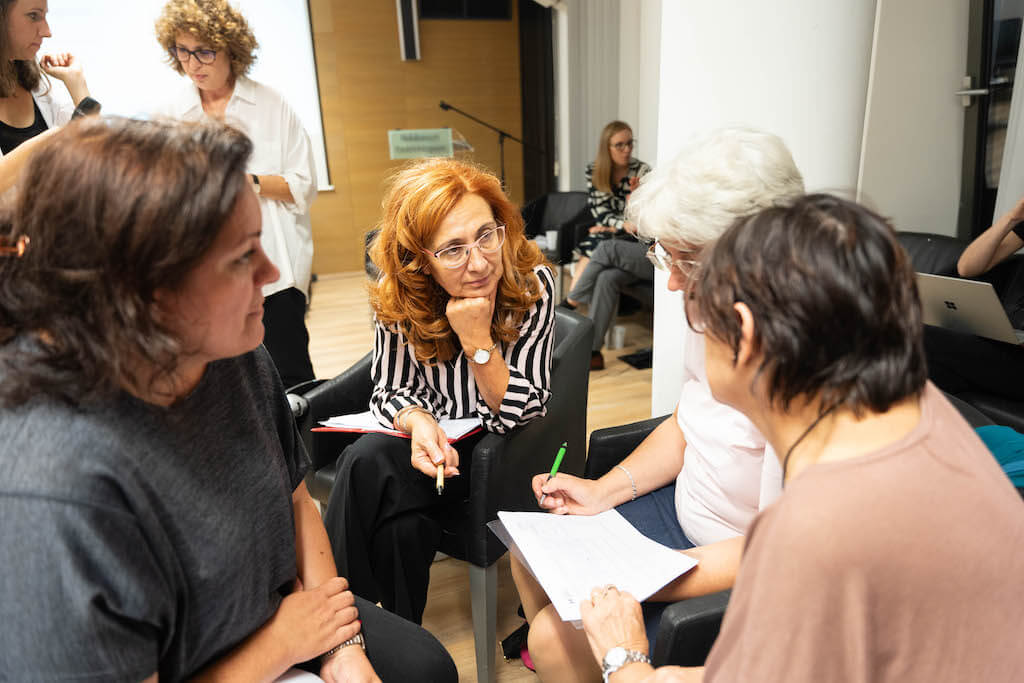


Capacity building training in Hungary: Holocaust distortion
Policymakers and educators from across Hungary participated in a special training workshop on Holocaust distortion this month.
Hosted by the International Holocaust Remembrance Alliance, in partnership with UNESCO and the Zachor Foundation, the Holocaust Distortion Capacity Building Training Program aimed to help participants identify and tackle Holocaust distortion within their own work environments.
Holocaust distortion is a growing phenomenon that downplays the gravity and relevance of the Holocaust. More complex and harder to identify than Holocaust denial, it can lead to antisemitism, hate speech, and violence.
Even though the Holocaust is one of the most researched historical events, established facts about it are still being distorted. A correct understanding of the Holocaust is critical as we enter a new era in which the last Holocaust survivors and direct witnesses are passing away.
The IHRA’s Holocaust Distortion Capacity Building Training Program is designed to equip policymakers and educators with the skills, knowledge and tools they need to identify and respond to this important social phenomenon.
“The Holocaust is an event that has shaped the world as we know it today, and which informs the way in which we move forward. It is important to tackle this at all levels, including national, EU, and international levels. By safeguarding the memory of the Holocaust, we can better protect our own future as democratic and human rights-oriented nation states,” said David Deutsch from the IHRA’s Global Taskforce Against Holocaust Distortion, who was speaking at the event.
The Budapest workshop was part of a wider program of activity to help build the skills, knowledge, and capacity among policymakers and educators. Additional workshops are planned for early 2024. They accompany resources such as the IHRA Toolkit Against Holocaust Distortion designed to help policy and decision-makers be ambassadors for change within their institutions, governments, and communities, along with the #ProtectTheFacts campaign, which helps people to say no to distortion.
Learn more about the IHRA-UNESCO Capacity Building Training Program
The International Holocaust Remembrance Alliance (IHRA) partnered with the United Nations Educational, Scientific and Cultural Organization (UNESCO) to develop this practical training program to help policymakers, educators and civil society to understand what it is, why it is harmful, and how to counter it. The program provides a comprehensive platform of practical tools, examples and resources to learn about and prevent Holocaust distortion.



